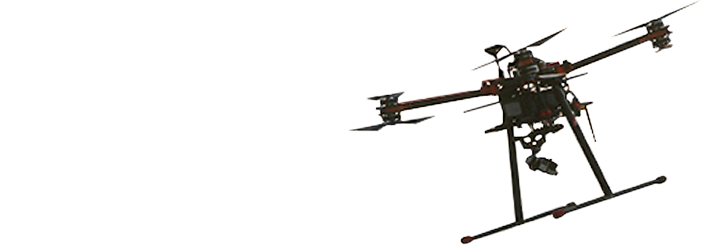



KARI supports the expansion of SMEs’ technology capabilities by developing and distributing basic technologies to improve the performance of small UAVs. It also supports the development and commercialization of services by developing high-performance / new-concept technologies and new-concept parts to use small unmanned aero vehicles and create the early service market.
To this end, KARI has distributed the technologies for drone propulsion system design and performance prediction, coping with bad weather, and mission-critical computer utilization to help SMEs including venture enterprises and enhance their market competitiveness by reducing trial and error, cost, and time of developing small unmanned aero vehicles. Moreover, it released and distributed CLOUDS, an initial design program for the performance analysis of multicopter-type small unmanned vehicles, free of charge to the public.
Additionally, KARI developed a small high-performance small unmanned vehicle systems with a new concept based on the demand for the use of small unmanned vehicles by government ministries and public institutions. In particular, it supported the creation of an initial market as the technology development outcome of SMEs and venture enterprises with regard to small unmanned vehicle, based on the establishment of a small unmanned vehicle technology development support system in connection with a public innovative procurement program between the Ministry of Science and ICT and the Public Procurement Service.
It improved the technological competitiveness of domestic small unmanned vehicles in the short term through technology development support and public procurement linkages in small unmanned vehicles and spread the integrated technology management to promote related industries.
Additionally, under the Project Group’s supervision, the requirements for the above areas regarding demands on sites were presented, and the management and coordination of each project were carried out. KARI improved field applicability through the evaluation and integrated demonstration of research output and supported commercialization through support for SMEs' technology bottlenecks and technology transfer and diffusion.
Based on these projects, KARI identified a total of nine programs. They included a multipurpose defense unmanned flight system for military use in December 2018, a complex sensor and image system for real-time weather observation mounted on a small unmanned aero vehicle, and a hybrid unmanned aero vehicle system for monitoring red tide and marine pollution in August 2019; a hybrid unmanned aero system for coastal safety mapping (July 2020) entered the public procurement market following its designation as an excellent procurement product by the Public Procurement Service.